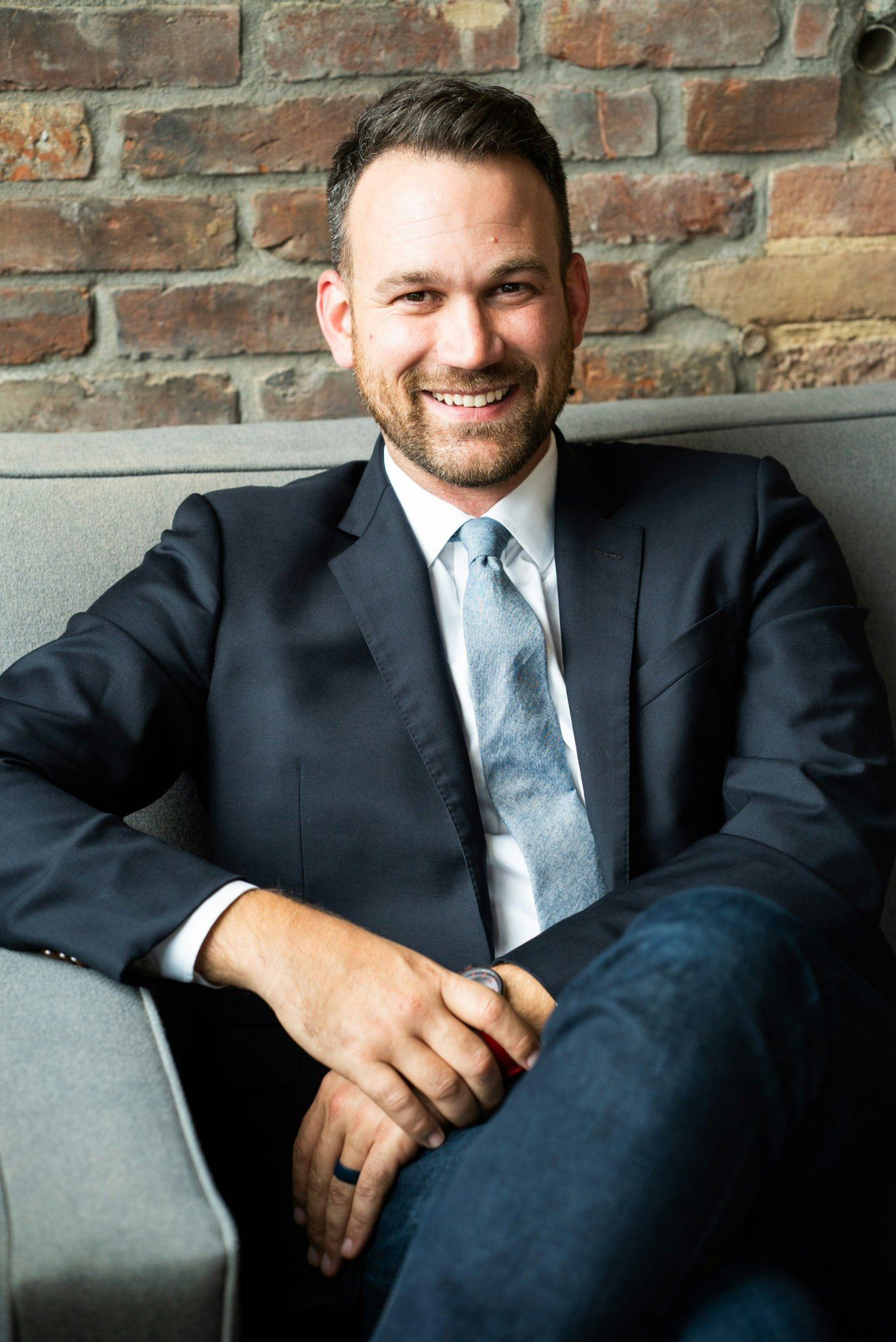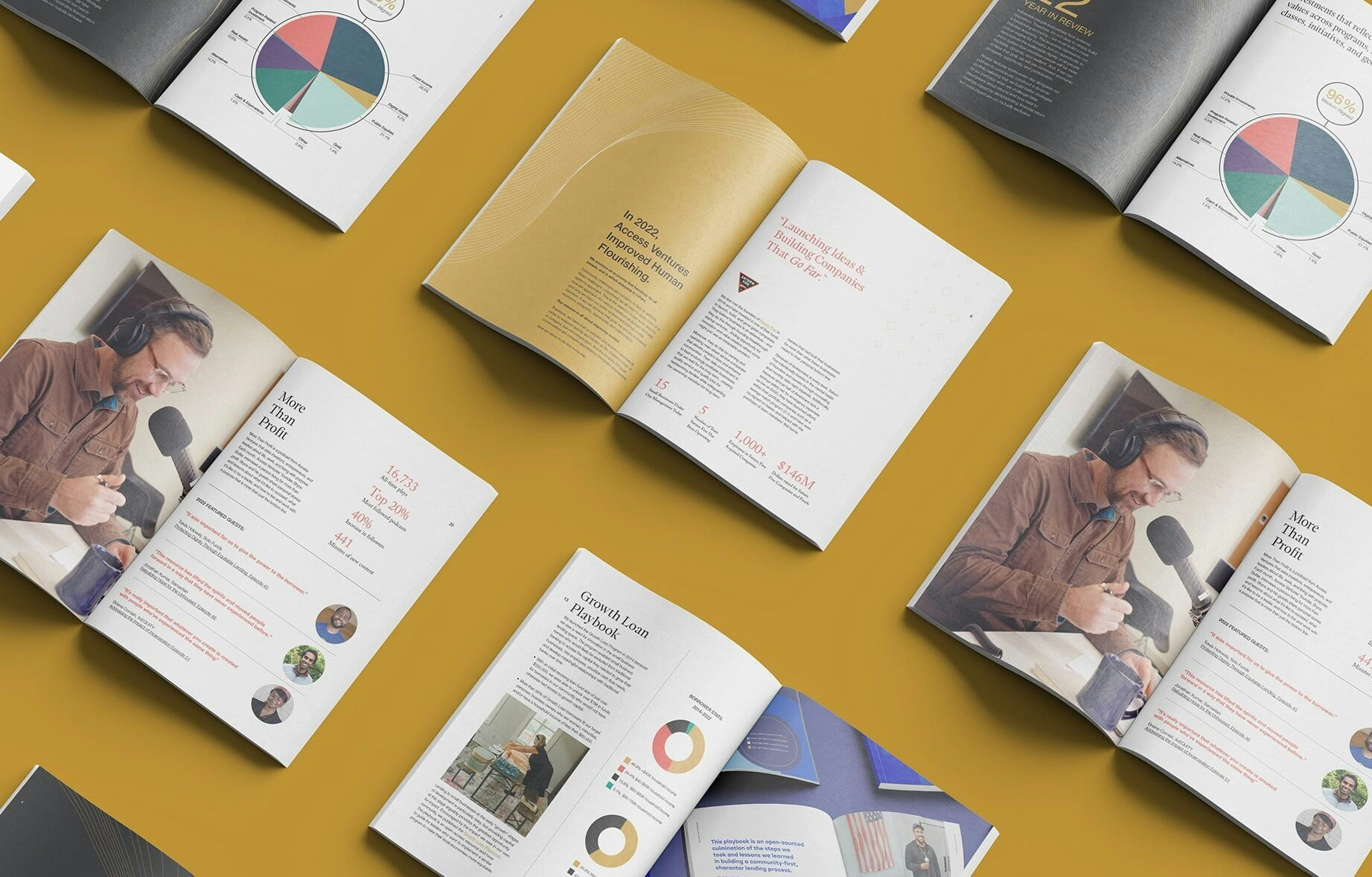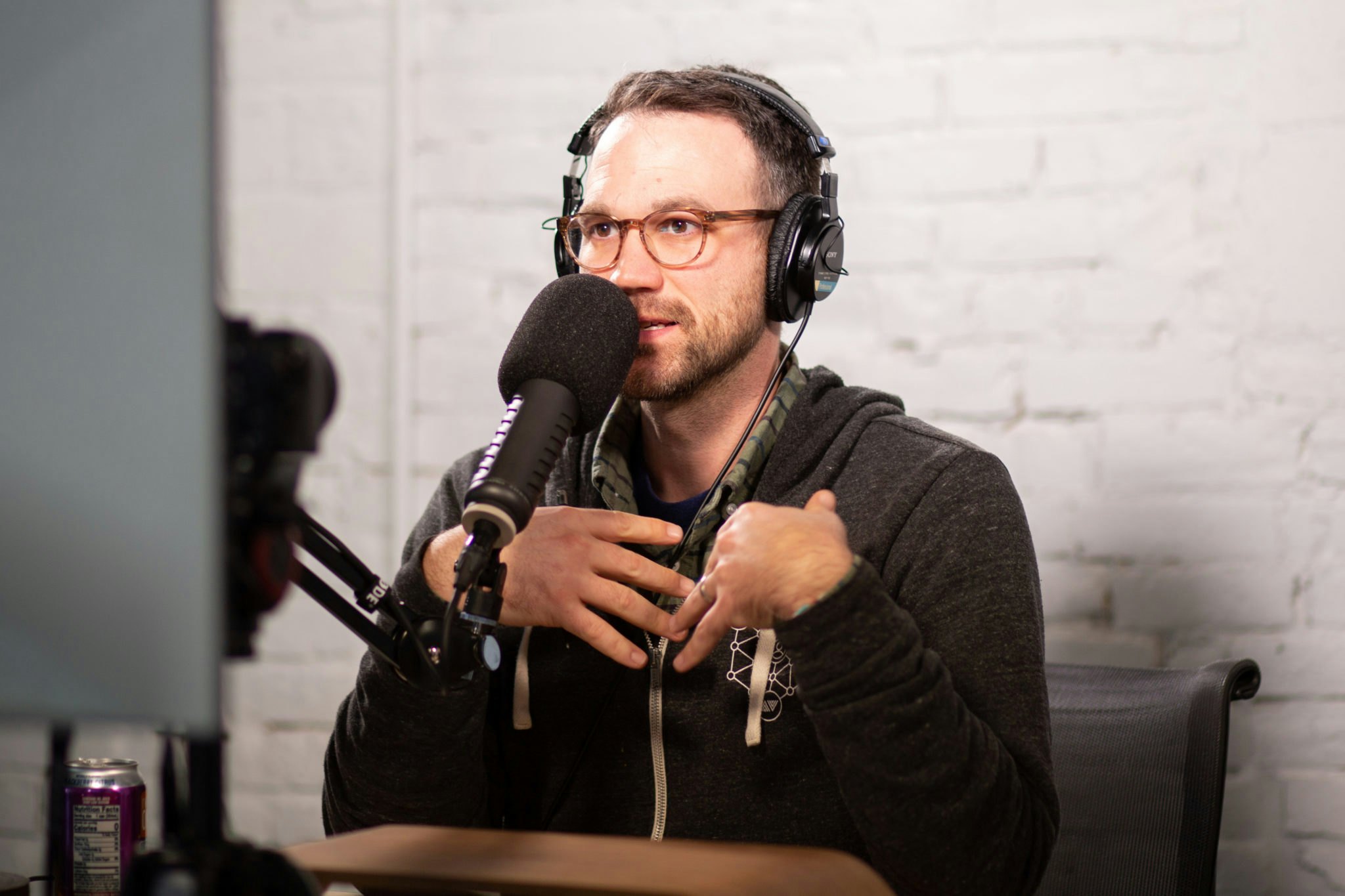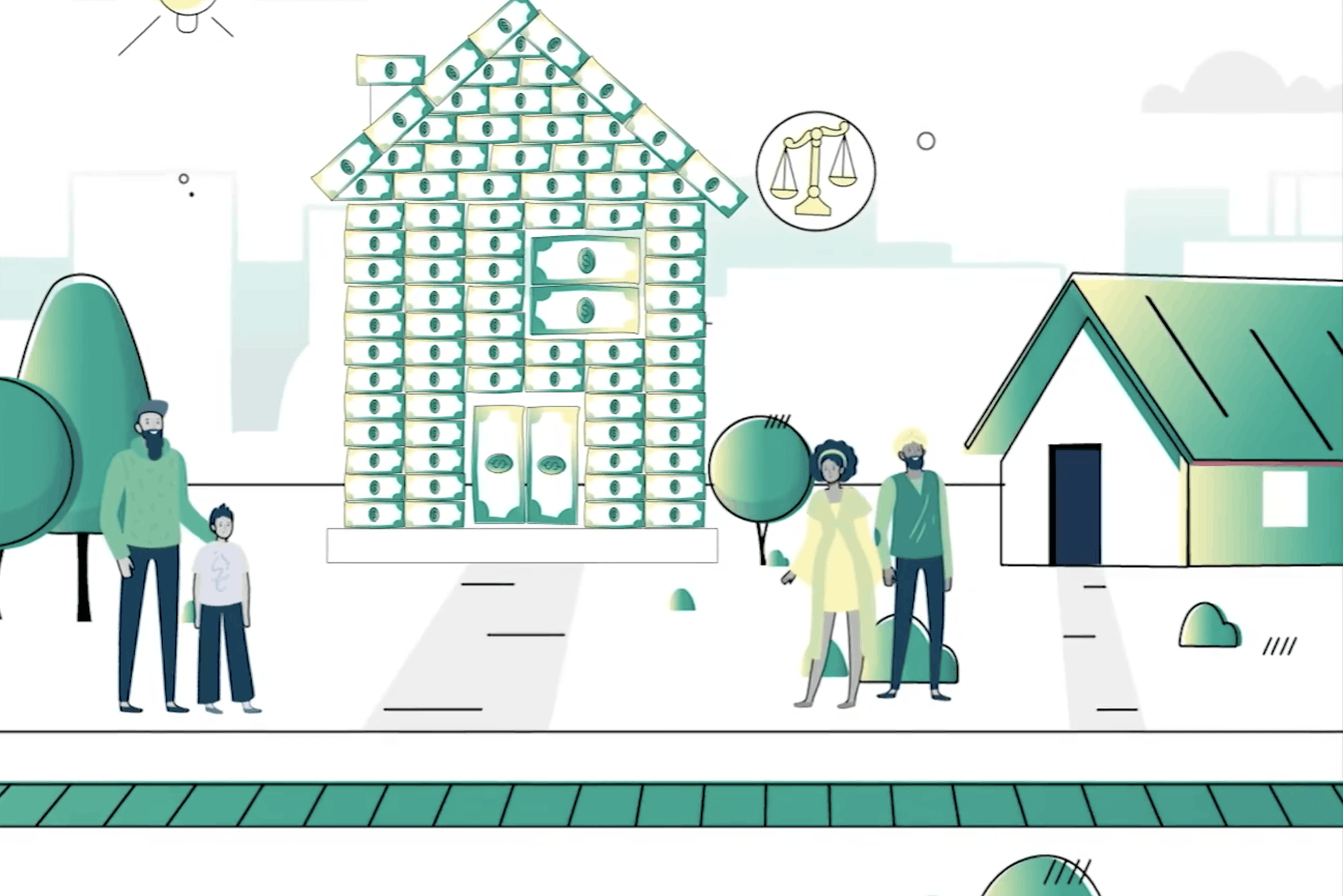Your Identity, Your Values, Your Money
It’s January. Our online searches are focused now on work-out plans, organizational tips and financial planning blogs, rather than gifts, recipes and kick-off times. I know, New Year’s resolutions get a bad rap. But let’s take advantage of this time of self-discovery and talk about something that’s probably already on your list: money.
Instead of diving into a conversation about how to get it, how much of it there is and what to do with it, let’s talk about how we think about money.
Each of us have tangible and intangible elements of our identity… stuff that makes up who we are and how we communicate who we are to others. These elements include opinions, memories, faith, clothing, social media posts, houses, health, loved ones and so much more. The list is seemingly endless.
But for you, would “money” make your list? For many of us, money is hiding in between the lines on our list. Money is how we bought our home. Money is how we secured the things we need and want. But do we think of it as something that is linked to our identity? We should.
For all sorts of reasons, many of us shy away from putting money on the “what makes up me” list. Perhaps we feel that calling it by name and attaching it to our identity will betray the old “money can’t buy happiness” point-of-view, or worse… turn us into Gordon Gekko. But it’s important to remember that money has a place in how we live out the identity we have designed for ourselves. It is a way to express what it is important to us, what we value and who we want to be.
So, remember those three questions that dominate our conversations and thoughts around money?
1. How to get it?
2. How much of it is there?
3. What do I do with it?
I propose another question to add to the top of our list of money questions: “How do my values influence my money?”
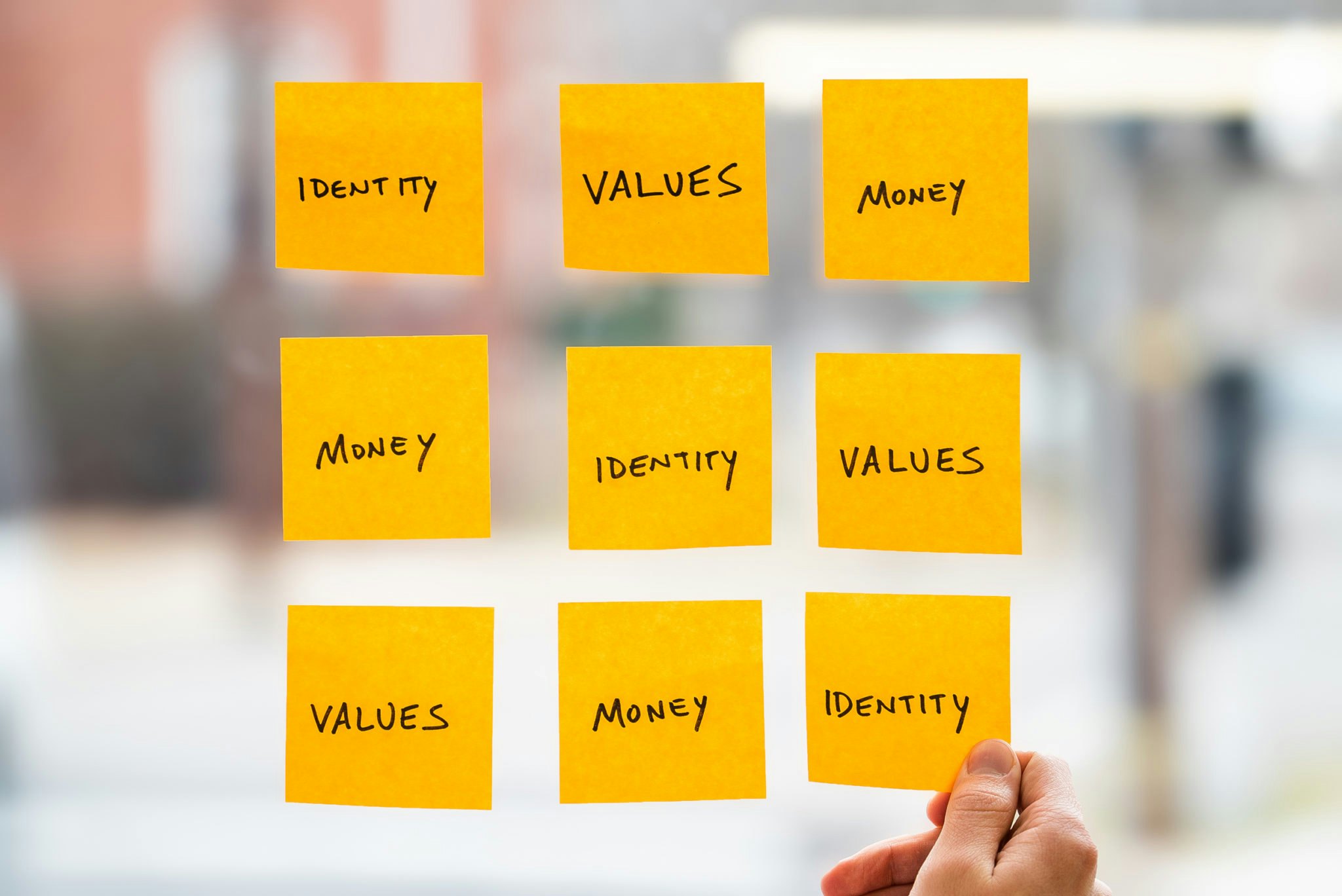
The first three questions are important and necessary. But they are transactional. When thinking about money, view it not just a resource for living a values-driven life, but also a way to express those values. So let’s compare it to another aspect of our lives.
We don’t typically think about our health in terms of transactions or resources, but rather in terms of how we want to live, our personal values and our goals. Now, we’ve all counted calories in some way or worked to get to our daily step goals, but those calculations are usually wrapped up in a values-driven quest to be healthier, more active or more fit.
Let’s go further. When we get a check-up at the doctor’s office, we have conversations about responsible diets and habits that will lead to a personal health that matches the lifestyle and values we are trying to uphold. When we go grocery shopping, we use our understanding of what our bodies need, but also what standards we expect farmers and manufacturers to be accountable for. Our health is more than a resource for life. Increasingly, we are connecting it to our value system. And this connection to our value system is disrupting the food industry.
We will never get rid of the transactional nature of money. We have to budget based on what we have, prioritize needs and wants and plan for how we are going to pay for them. But we shouldn’t, intentionally or unintentionally, isolate money from our values. Money, and what we do with it, is a powerful part of who we are and how we impact the world around us. If we “are” something, if we would like to project that, then how we spend our money must reflect who we are.
A Values Driven Approach to Money
When you approach money with a holistic perspective that leads with your values, you are using a one-pocket mindset. Instead of building a wall between the “how do you get it” and “what do you do with it” questions, you can use a one-pocket approach to investing that allows you to meet your need for social returns and financial returns. It puts your values at the center of your relationship with money and empowers you to use it to create a world you want to live in.
It is possible to achieve the financial return you desire and not sacrifice your hopes, dreams and values.
A one-pocket investment mindset then says, “this is who I am, this is what I hold dear, this is what I want to contribute to the world, and this is what I would like to get out of my time here on this earth.” It is more than just what we spend, save, and invest and what we get out it. No, it forces us to ask deeper questions of ourselves and then to apply that to how we approach all of our resources.
It’s an integrated approach to deploying capital, weighing and balancing financial, social and environmental factors to achieve the truest version of ourselves in this world. You don’t have to check yourself at the door when thinking about money. It is possible to achieve the financial return you desire and not sacrifice your hopes, dreams and values. Explore how a one-pocket strategy eliminates the need to compromise your values when planning your investments.
